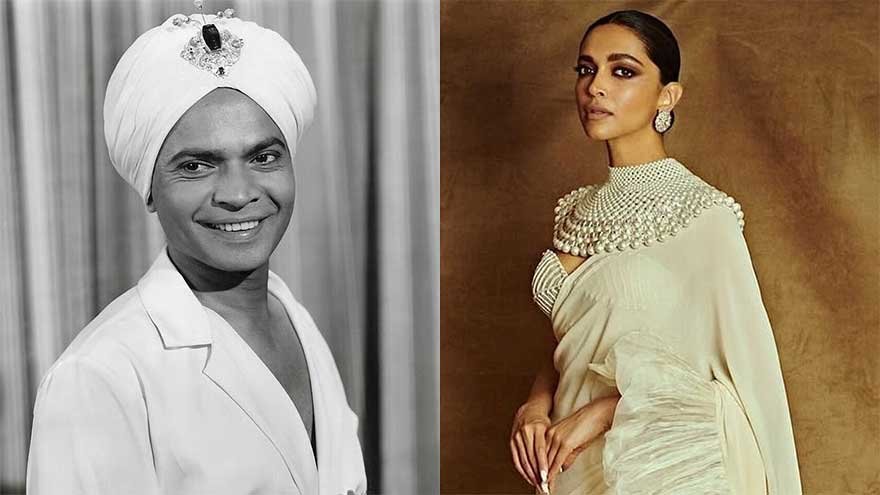The announcement of Deepika Padukone’s selection for the 2026 Hollywood Walk of Fame was met with widespread celebration. Rightly so—her impact on global cinema has been undeniable. However, the historical record holds a surprising twist.
While Deepika is the first Indian actress to be honoured, the first Indian star on the Walk of Fame was Sabu Dastagir, a lesser-known but groundbreaking actor who received this recognition in 1960.
Born in 1924 in the princely state of Mysore, Sabu’s journey from humble beginnings to Hollywood icon was almost mythical. The son of an elephant trainer, his life changed forever when director Robert Flaherty cast him in Elephant Boy (1937). The film’s success introduced Western audiences to Sabu’s charm, and he quickly became a staple in epic adventures like The Jungle Book, The Thief of Bagdad, and Cobra Woman.
At a time when South Asians were rarely seen in American cinema—let alone as leads—Sabu’s presence was revolutionary. His work wasn’t just visually captivating; it challenged racial norms in an industry that largely sidelined actors of colour.
Sabu later enlisted in the U.S. Air Force, flew numerous WWII missions, and was awarded the Distinguished Flying Cross. Yet, upon returning to Hollywood, the once-celebrated star faced a changed industry, increasingly unkind to actors of his background.
Tragically, Sabu passed away young in 1963. He never had the chance to return to Indian cinema, though reports suggest he was considered for the legendary film Mother India.
Deepika Padukone’s milestone is historic—but not without precedent. Sabu Dastagir’s story is a remarkable testament to Indian talent in Hollywood’s early days. His Walk of Fame star may be aging, but his legacy still resonates for those who look beyond the headlines.




